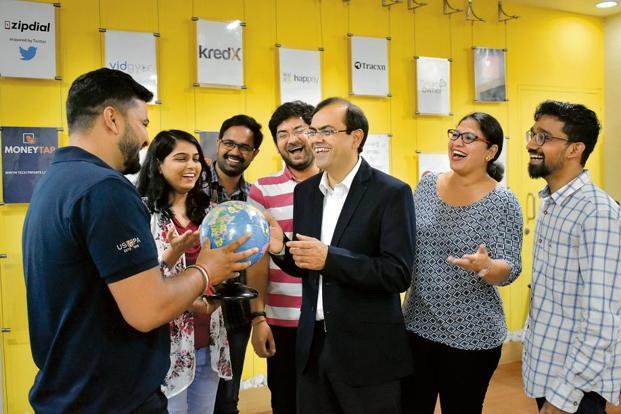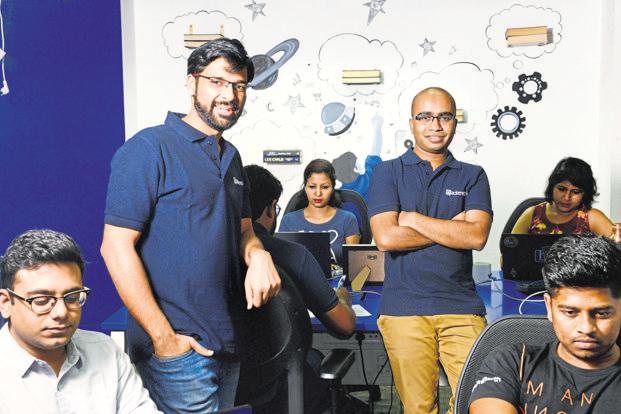- To take their existing family businesses to greater heights, the younger generation is trying out new ideas
- Being in business with family as a second or third generation has its pros and cons
When Bengaluru-based Chaitanya V. Cotha, the scion of the 150-year-old C. Krishniah Chetty (CKC) Group of Jewellers, joined his family business in 2010, he identified an important market that his family hadn’t given much thought to. “For my father, business to business (B2B) wing of the business was never a focus area,” says the 31-year-old.
Owning it up, Cotha got on the road for 20 days a month, meeting potential small jewellers who could sell the CKC products. Within 18 months, the CKC Group started to supply their products to over 200 stores across four states with a team of just nine people.
A lot of change in family businesses stems from the aspirations, outlook and thinking of the next generation of family, according to Ganesh Raju K., partner and leader, entrepreneurial and private business, PwC India. “Young blood is crucial for a family business to keep abreast with changing times, dynamics, business environment, customer outlook, and digital changes,” he says, adding that it’s important to encourage this as family businesses account for nearly 85-90% of gross domestic production contribution in India. The PwC India Next Gen Study 2018 on family businesses, that interviewed more than 137 next generation leaders, 45 of them from India, found that even though more than 81 % of millennials have a clear idea on how to take the business forward and more than 89% of them challenge their seniors’ decisions when they feel it would benefit the business. A key component of success for the new generation is a culture that supports their efforts, gives them room to make mistakes and provides for independent decision making.
It’s all in the family
Family support and her father’s open mind was one of the major reasons Suzannah Muthoot, zonal strategic consultant with Muthoot Fincorp Ltd (MFL), was able to implement changes at the regional levels of her company.
Fresh out of college, when the 24-year-old joined her father’s company in 2017, she was told to travel extensively across small towns and villages where the company’s branches had set shop, to gain real on-ground experience. The travel was useful as she found inefficiencies at the zonal and regional levels across functions. “I came back with a proposal to redefine the role of a regional manager, who is responsible for profitability and performance of nearly 70 branches,” she explains.
















